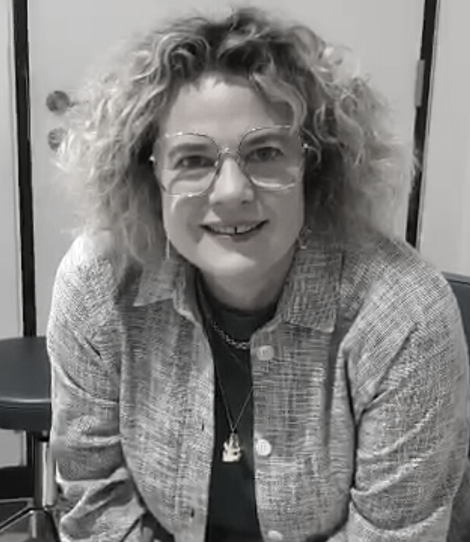According to the Urban Dictionary (my go-to for explanations on any slang or Tik Tok trends that I hear from my 13-year-old daughter), soft life is the opposite of hard life.
It’s the act of simply living a life with less stress, worry and concern. Making better decisions that benefit your overall well-being. Where you make decisions that leave you feeling stress-free and vibrating higher. Less about wealth (though it helps) and more about making good choices.
The concept of soft life is believed to have started in the Nigerian Influencer community before being adopted by black women in the West. It calls for black women to reject the ‘strong-black-woman-who-does-it-all trope and take a softer approach to life without tension and stress.
A quick search of soft life on social media may leave you thinking that it’s all about living a life of luxury – far-flung holidays, lunches and brunches in fancy restaurants which might not be attainable for some women. It can be all the above but to my mind it’s so much more than that – it’s a mindset. For me it’s about unlearning habits that haven’t served us in the past and implementing new ones that fill us up.
Embracing a softer life, personally, is about boundaries, giving myself permission to get rid of relationships and things that contribute to stress in my life. It’s about no longer working myself to the bone without any recognition. It’s more knowing my worth, nurturing and pouring into myself. Also recognising and understanding that taking the time to the rest is a strength not a weakness, this is particularly important as I transition into my third age.
Soft life is the opposite of hustle culture, black women are often told from a young age that they need to work twice as hard as their white counterparts to be successful, and that mentality is leading to burnout. I want to avoid stresses that lead to debilitating illnesses which as a menopausal midlife woman is crucial for me to maintain optimum health.
I know first-hand how chronic stress can manifest in the body leading to bouts of depression, gut-health issues, and a compromised immune system. Not addressed lead to an increase in menopausal symptoms – disturbed sleep, increased night sweats etc.
Dr Arline Geronimus a professor of Health Behaviour and Health Education at the University of Michigan School of Public Health first coined the term ‘Weathering’ in a 1991 study published in Ethnicity and Disease which refers to repeated exposure to socio-economic adversity, racism and perpetual discrimination harming health.
The chronic stress associated with the experience of being black is an actual thing as you are constantly in ‘fight or flight’ mode which can lead to elevated cortisol levels, a dysregulated nervous system and inflammation in the body that leads to disease. The constant verbal and behavioural microaggressions black women are subjected to. Along with the expectation to take on the burden of educating non-black people about racial inequality. Then there is the news of all the racially motivated killings, the disparities in health care and the relentless racist vitriol directed towards Megan Markle in the press. It all starts to take its toll, and the burden of all that accumulative stress and allostatic load (wear and tear on the body) is particularly heavy for black women.
I recently visited my ancestral home of Ghana and what became apparent is that all the tension, lethargy, aches, and pains in my body disappeared during the seven days of my visit. Whilst some will say this can be attributed to all the vitamin sun and sea of a holiday, I believe it is more down to the fact that I felt psychologically safe, I could walk around freely and exist as a woman not a black woman as is how I have often felt in the UK where I feel constantly ‘othered’ and hypervigilant as a result.
Trauma Expert and author Dr Gabor Mate, in a recent interview spoke of emotional stress being a major cause of physical illness. He also stated that nearly 80% per cent of Autoimmune sufferers are women and that women of colour bear the brunt of that due to the added layer of systemic racism. More proof of why adopting the Soft Life as a way of life should be a mandatory lifestyle requirement for women and in particular black women. It is not enough for me to move my body and eat well, adopting a soft life allows me to unapologetically put myself first which is not only a necessity for my physical and mental health, a must for a happy long life and that if that isn’t living then I don’t know what is.
By Thelma Mensah
More on Queenagers
View All
Incontinence: One of the Last Taboos for Queenagers?
Women in their forties and fifties speak about the embarrassment they feel towards their incontinence. Conversations need to be had to provide women with accurate and helpful information.


